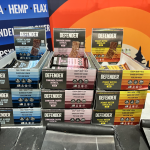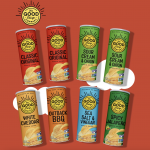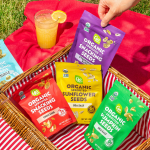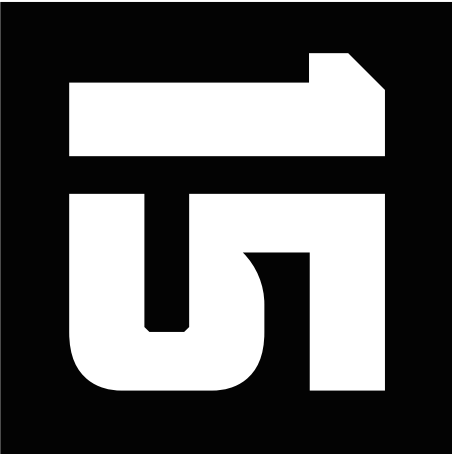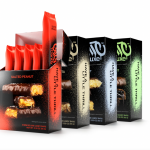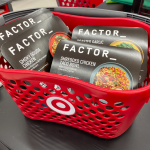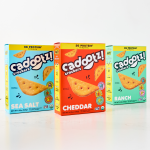Remilk Raises $11.3M to Expand Production of Animal-Free Dairy Proteins
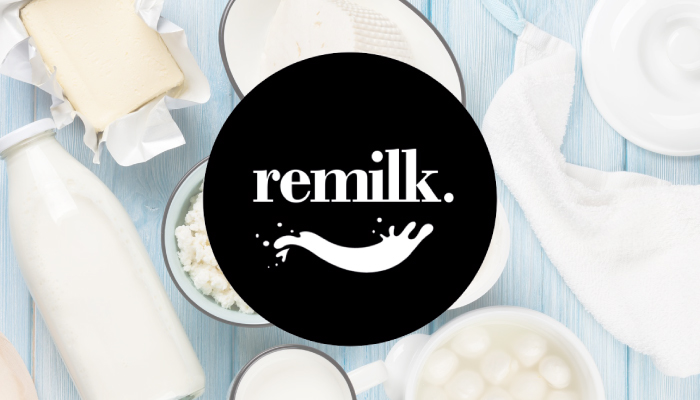
Israel-based alt-dairy start-up Remilk announced yesterday it has raised $11.3 million to expand production and distribution capabilities of its animal-free proteins in preparation for commercial launch as an ingredient supplier in the U.S. and other global markets.
The funding round was led by Israel-based student-led VC firm fresh.fund, and also included cheese manufacturers Hochland, Tnuva and Tempo, OurCrowd, CPT Capital and ProVeg. Former Berkshire Partners managing director Bradley Bloom, Prime Ventures managing partner Sake Bosch, tech entrepreneur Amiad Solomon and food-tech investor Beni Nofech also participated in the round.
According to Remilk co-founder and CEO Aviv Wolff, the funding will enable the company to scale its production process, which will ultimately allow the company to offer its alt-dairy protein at “lower, competitive prices.” The company is currently in the process of applying for regulatory approval of its proteins in the U.S. and Europe, and Wolff said he expects “broad U.S. distribution” in the U.S. once the protein is approved.
Remilk’s products, which according to the company are “identical to natural dairy,” are produced through microbial fermentation and contain no cholesterol, lactose, antibiotics or growth hormones. The company said its lab-made dairy product is able to produce “authentic” taste and texture of dairy products like cheese, yogurt and cream.
“We don’t see ourselves playing in the plant-based category but in the entire dairy section,” Wolff said. “Today’s non-dairy alternatives address environmental and health concerns, but universally fail to create authentic dairy-based products, like cheese. We’re bridging this gap by making dairy products with dairy proteins, without needing a single cow.”
While the company did not disclose the manufacturers it will be supplying or the extent of its partnerships with the cheese manufacturers like Hochland that participated in the round, it said that its manufacturing partners will be using Remilk’s proteins for “large-scale dairy production.”
“In fermented proteins we see an interesting opportunity to develop innovative and sustainable products,” Hubert Staub, CFO of Hochland, said of the investment in a press release. “Remilk is the ideal partner for Hochland to jointly develop this new raw material base.”
Remilk is not the only company producing alt-dairy protein through microbial fermentation that is gaining interest from investors. Chicago-based food tech company Nature’s Fynd announced last week it had raised $45 million to produce animal-free dairy and meat alternatives using protein grown from microbes via fermentation. Unlike Remilk, Nature’s Fynd announced a shift from ingredient supplier to CPG brand earlier this year.
California-based food tech company Perfect Day, which this summer raised $160 million in the second tranche of its series C funding round, produces animal-free whey protein using a similar process. The Food and Drug Administration deemed the company’s protein Generally Recognized As Safe (GRAS) in April, and the company has since formed partnerships in the ice cream category. While Wolff said he couldn’t elaborate on how Remilk’s process of producing milk proteins differs from Perfect Day, he said that Remilk has a “different IP strategy” than the California-based company.
Similar to Remilk, another innovator in the alt-dairy space, Latin American startup NotCo, started internationally before scaling to the U.S. NotCo, which raised $85 million earlier this fall, first launched several alt-dairy products in South America before expanding its business to the U.S. this year with the launch of plant-based milk in Whole Foods nationwide.
While these alt-dairy companies may have differing strategies, Remilk shares with these startups its goal to contribute to a more sustainable food system. According to the company, its production process requires 1% of land, 4% of feedstock and 10% of water, and produces 1% of waste compared to traditional dairy production.
“Relying on animals to make our food is no longer sustainable,” Wolff said. “This model of food production has all but reached its limits in terms of scale, reach and efficiency, and the implications are devastating for our planet. Remilk is revolutionizing the way we produce food around the world, and importantly, is creating a lasting and environmentally-friendly food system that takes no more than what our planet can give.”
